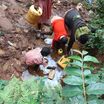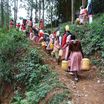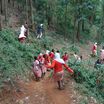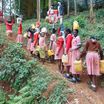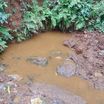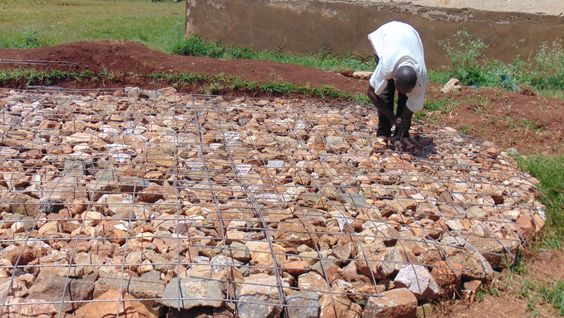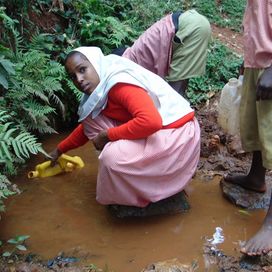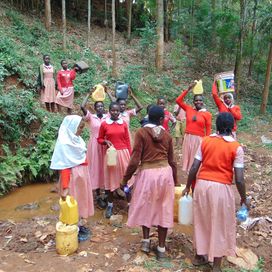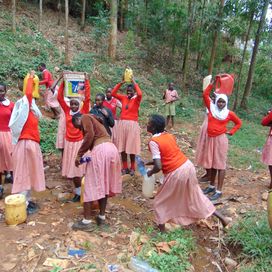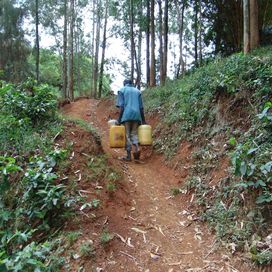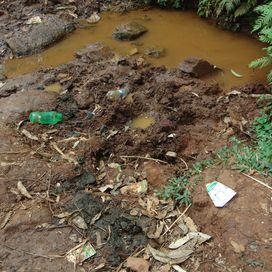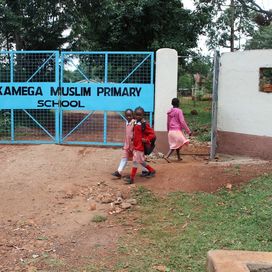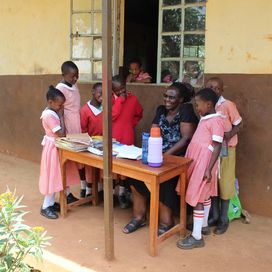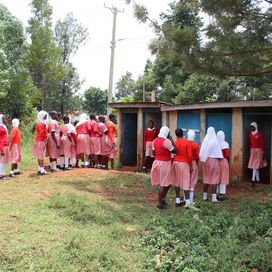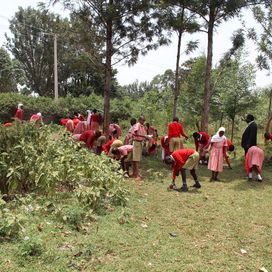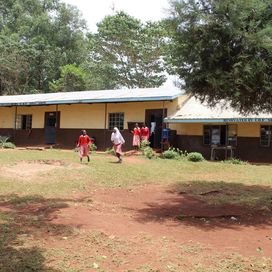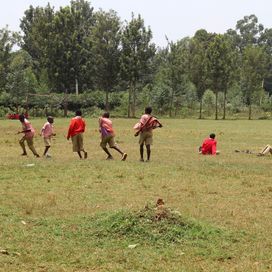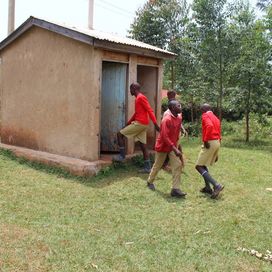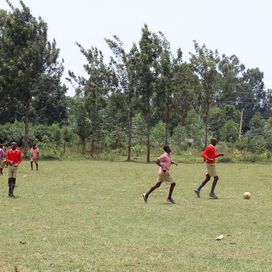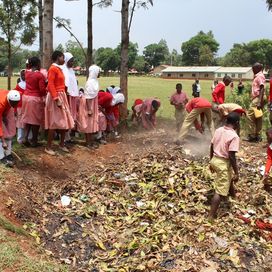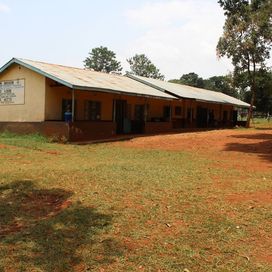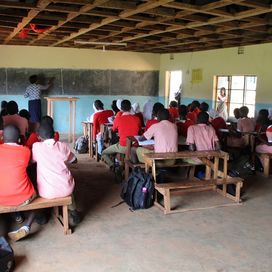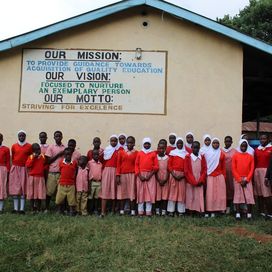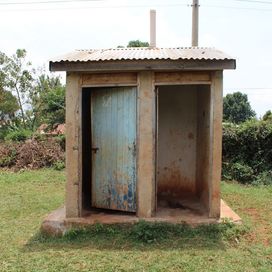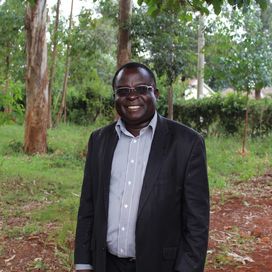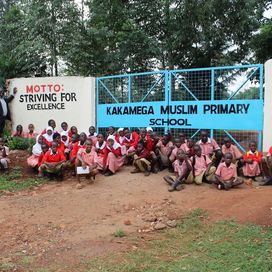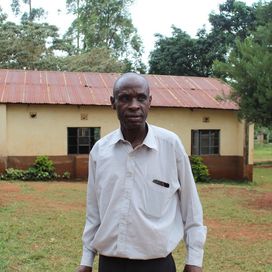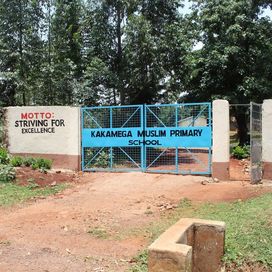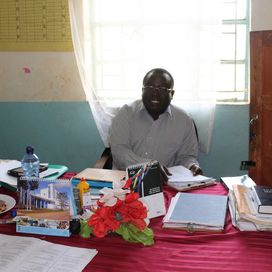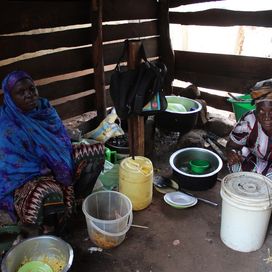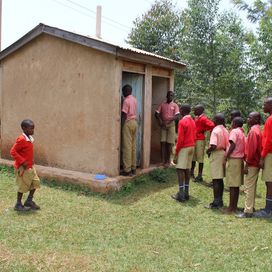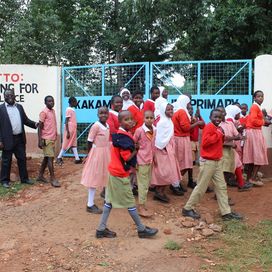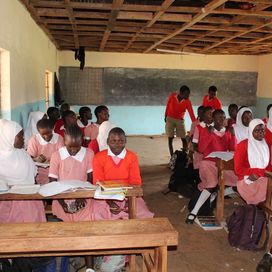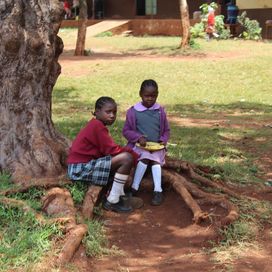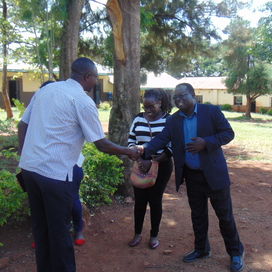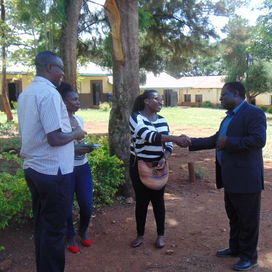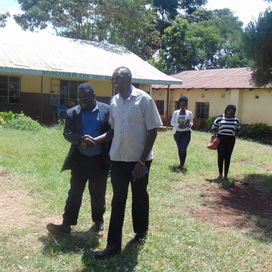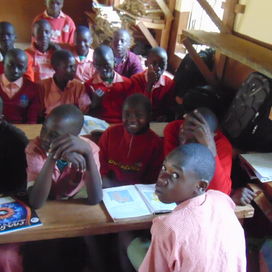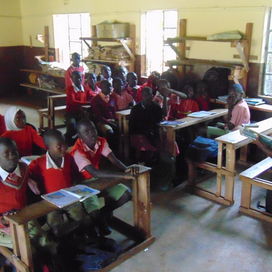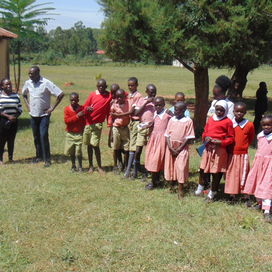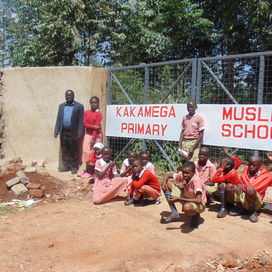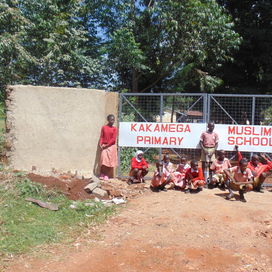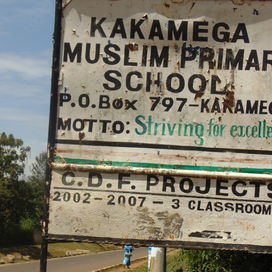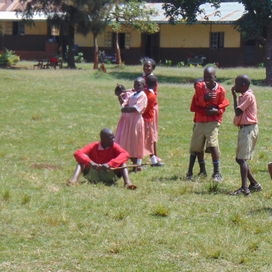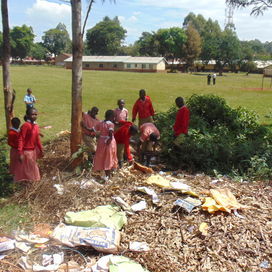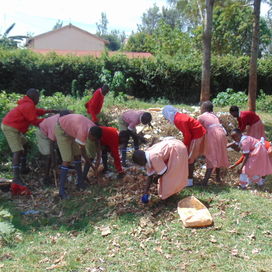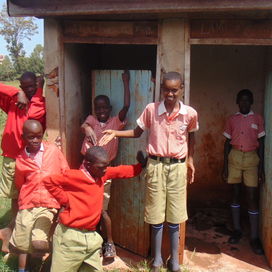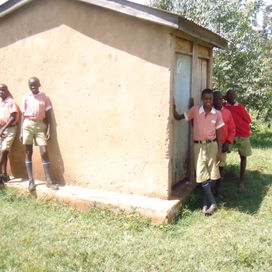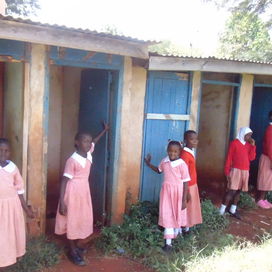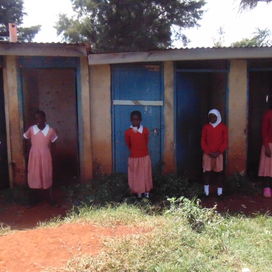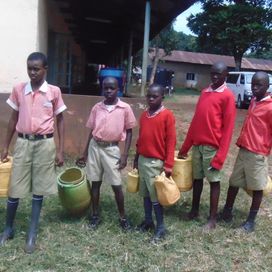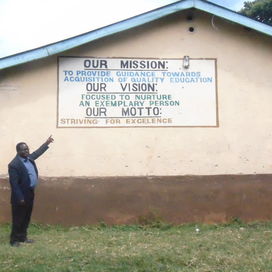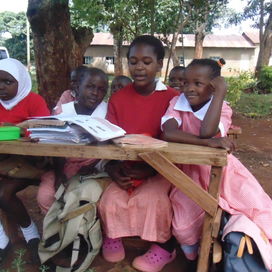Kakamega Primary School
Project Complete!
The school started in the 1960s with the objective of educating children who had to travel two kilometers to the nearest school. They started the school with the name Ndani Primary School and changed the name to Kakamega Muslim Primary School in 1998. It’s a public primary school that admits learners of different religious backgrounds from within and without Kakamega County.
The nine classrooms on school grounds are not enough for the 408 students, so some of them have to meet outside. They study English, Kiswahili, social studies, mathematics, science, and religion.
When the students don’t have water, they have to go out into the community to find it. They carry their containers to a surface water source where community members also draw water. This water is filthy and unsafe for drinking.
The headteacher reported that there are many cases of students getting skin diseases, and they miss school to receive treatment. When there is limited access to the water from the well the students go to the spring which poses even greater health risks. “I personally have to carry a bottle of drinking water from home since there is no assurance that we will get water from the well. The students mostly depend on the water from the tank or the spring, but for those who can manage, they carry water from home. This basically does not last them the whole day. This kind of situation in one way or another affects our health, work, and performance,” said Headteacher Oyuga.
The area around the school is bushy and overgrown, creating a conducive environment for mosquitoes. Some of the boys’ toilets have no doors installed so they provide no privacy. The toilets also have a strong smell and get dirty quickly because they are only cleaned in the morning. The pupils also share the toilets with outsiders who pass through the fence, which has subjected them to overuse. We also noted that there is no water kept nearby the latrines due to scarcity.
Training
Training on good hygiene habits will be held for two days. The facilitator will use PHAST (participatory hygiene and sanitation transformation), ABCD (asset-based community development), CTC (child to child), lectures, group discussions, and handouts to teach health topics and ways to promote good practices within the school. The CTC method will prepare students to lead other students into healthy habits, as well as kickstart a CTC club for the school.
Hand-washing Stations
We will deliver two hand-washing stations to the school, and the club will fill them with water on a daily basis and make sure there is always a cleaning agent such as soap or ash.
VIP Latrines
Two triple-door latrines will be constructed with local materials that the school will help gather. Three doors will serve the girls while the other three serve the boys. And with a new source of water on school grounds, students and staff should have enough to keep these new latrines clean.
Rainwater Catchment Tank
A 50,000-liter rainwater catchment tank will help alleviate the water crisis at this school. The school will also help gather the needed materials such as sand, rocks, and water for mixing cement. Once finished, this tank can begin catching rainfall that will be used by the school’s students and staff.
We and the school strongly believe that with this assistance, standards will significantly improve. These higher standards will translate to better academic performance!
H2O for Life partners with experienced NGO organizations around the world that build and support clean water, sanitation, and hygiene education projects in schools. These NGO partners cover half the total cost of every project funded through H2O for Life.
When students raise money for a project, 90% of the funds go directly to the project, and 10% supports the work that makes the project possible. This includes choosing trusted partners, managing funds responsibly, checking on projects, and reporting back so students can see the impact of their work.
This helps ensure every project is done well, stays sustainable, and truly changes lives.
In rare situations, we reserve the right to reallocate funds to alternate project(s).
Questions? Ask us at 651-756-7577 or info@h2oforlifeschools.org.

